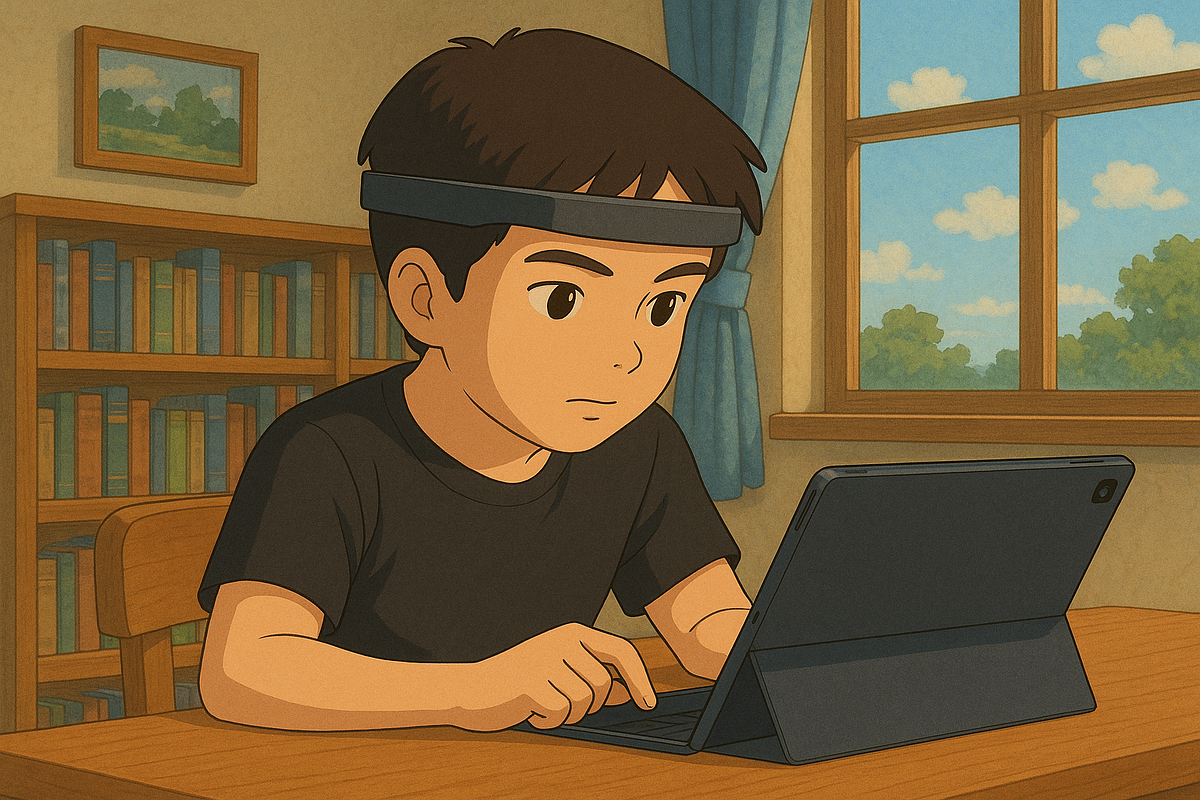In our fast-paced world filled with constant distractions, attention is a vital cognitive skill that influences mental health and daily performance. Attention allows individuals to focus on specific tasks while filtering out irrelevant stimuli, making it essential for learning, decision-making, and interpersonal relationships.
### Understanding Attention Attention is not a singular ability but a collection of cognitive processes. Recognizing the different dimensions of attention can help people identify their strengths and weaknesses. Here are key types of attention:
1. **Sustained Attention**: This refers to the ability to focus on a task for an extended period. For instance, students studying for exams must maintain concentration to absorb information effectively. In today’s environment, where distractions are rampant, sustaining attention has become more challenging yet remains critical for mastering complex tasks.
2. **Focused Attention**: This is the intensity of concentration directed toward a specific task, particularly when distractions are present. Surgeons performing delicate procedures or musicians playing intricate pieces rely heavily on focused attention to excel at their craft.
3. **Inhibition**: This aspect allows individuals to suppress distractions and avoid impulsive reactions. For example, resisting the urge to check notifications during an important meeting is a sign of strong inhibitory control, which correlates with improved decision-making and emotional regulation.
4. **Divided Attention**: This ability lets individuals manage multiple tasks at once. For instance, parents often juggle cooking while helping their children with homework. Although true multitasking is largely a myth, divided attention is useful in many everyday situations.
### The Attention Crisis Recent studies indicate a decline in collective attention spans. People now check their mobile phones approximately 96 times a day, averaging once every 10 minutes. This constant switching can lead to cognitive fatigue, making deep focus harder to achieve. Attention-related challenges are especially pronounced in individuals with Attention Deficit Hyperactivity Disorder (ADHD), which affects about 5-7% of children and 2-5% of adults worldwide. However, even those without clinical diagnoses struggle with maintaining attention in a stimulating environment.
### Measuring Attention with Technology Traditionally, assessing attention required specialized clinical settings. However, advancements in neurotechnology are changing this. At Neeuro, the SenzeBand 2, a non-invasive EEG headband, measures brain activity in real time, including various attention states. This technology provides immediate feedback on attention patterns during different activities like studying or working, enabling users to understand when their focus is optimal and when it begins to decline.
### Training Attention for Better Mental Health Just as physical fitness improves overall health, mental training can strengthen attention skills. Neuroscience shows that brains can develop new neural pathways through consistent practice. Neeuro’s digital platforms, such as “Memorie” and “Cogo,” offer brain-training activities aimed at enhancing attention:
– **Sustained Attention Training**: Activities gradually increase the duration for which a user must focus, building mental stamina. For instance, “Memorie” challenges users with progressively longer sequences requiring sustained concentration.
– **Focused Attention Exercises**: Games like “Cogo” require users to maintain concentration amid distractions. Users learn to ignore visual and auditory stimuli while completing tasks.
– **Inhibition Training**: Activities designed to strengthen users’ ability to control automatic responses help improve decision-making and impulse control. Users learn to respond to certain stimuli while ignoring more appealing distractions.
Clinical research, including studies conducted with Duke-NUS Medical School and the Institute of Mental Health, shows that regular training using these technologies can significantly improve sustained attention and impulse control in children with attention difficulties.
### Attention Training for Everyone While the primary focus has been on clinical populations, attention training can benefit anyone. Students can learn more efficiently, professionals can boost productivity, and older adults can maintain cognitive health as they age.
### The Future of Attention As we advance our understanding of mental health, attention training may become as commonplace as physical fitness routines. Emphasizing mental fitness, with attention at its core, represents a new frontier in health. At Neeuro, we aim to make these resources accessible to everyone, not just those with clinical needs.
Awareness of individual attention patterns is the first step toward improvement. By identifying when you are most focused and recognizing distractions, you can explore how technology and structured training can enhance these essential cognitive skills. Prioritizing attention development may be one of the most impactful decisions you make for your mental health.



